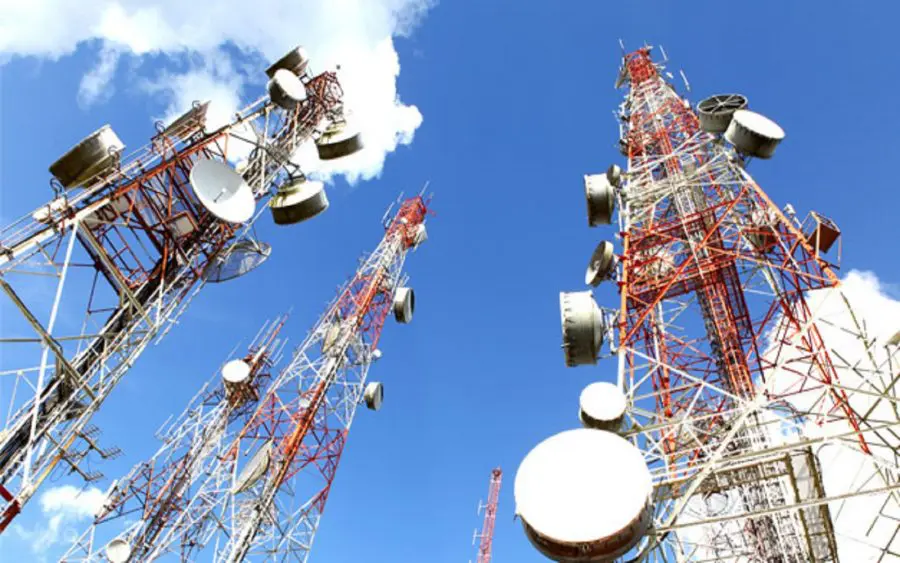… 19,000 fibre cuts, equipment theft hamper digital drive
Nigeria’s ambition to achieve nationwide broadband access by 2025 received a major boost as 11 states have abolished charges on Right-of-Way (RoW) for fibre-optic cable installation, the Nigerian Communications Commission (NCC) has announced.
The move, according to the NCC, is a significant step toward reducing deployment costs for telecom operators and accelerating internet connectivity across the country.
The Executive Vice Chairman of the Commission, Dr. Aminu Maida, disclosed this on Wednesday at a business roundtable in Abuja, noting that the waiver demonstrates growing collaboration between the federal and state governments to remove barriers hindering digital infrastructure expansion.
Maida listed Adamawa, Bauchi, Enugu, Benue, and Zamfara among the most recent states to adopt the policy, bringing the total number of states offering zero RoW charges to 11. Seventeen others, he added, have pegged their charges at the ₦145 per linear metre rate earlier agreed by the Nigerian Governors’ Forum.
“One of the most significant barriers to broadband deployment has been the high RoW fees charged by some state governments despite the NGF resolution. We have continued to engage states to reduce or eliminate the fees, and the progress so far is commendable,” Maida said.
He emphasised that a uniform and predictable RoW regime would improve investor confidence in the telecom sector, reduce project delays, and enhance the speed of broadband rollout nationwide.
Under the National Broadband Plan (2020–2025), Nigeria targets 70 per cent broadband penetration by the end of next year and aims to deploy at least 90,000 kilometres of fibre-optic backbone infrastructure.
However, Maida identified other major challenges facing operators, including multiple taxation, poor power supply, cumbersome permit procedures, and rampant vandalism of telecom infrastructure.
Between January and August 2025 alone, the NCC recorded over 19,000 fibre cuts, 3,241 equipment theft cases, and more than 19,000 instances of access denial to telecom sites across the country.
“These disruptions cause prolonged service outages, revenue losses, and higher security costs. Infrastructure protection must now be at the heart of our collective agenda,” he warned.
The NCC boss urged governors and local leaders to prioritise digital infrastructure in their economic policies or risk being left behind in the race toward a knowledge-driven economy.
“Pipelines of oil are giving way to pipelines of fibre,” Maida declared. “The future prosperity of our states depends on how we align with the digital revolution, not on how many factories or smokestacks we build.”
To further promote transparency and accountability, the NCC said it would soon launch two key tools:
The Ease of Doing Business Portal, which will serve as a one-stop platform for investors to access information on telecom regulations across the 36 states and the FCT.
The Nigeria Digital Connectivity Index, which will annually assess and rank each state’s digital readiness and competitiveness.
The Commission reiterated that achieving digital inclusion and broadband penetration requires cooperation among government agencies, private operators, security agencies, and development partners.
“The digital revolution will not wait,” Maida cautioned. “We must act collectively, or risk being left behind.”
Do you want to share a story with us? Do you want to advertise with us? Do you need publicity for a product, service, or event? Contact us on WhatsApp +2348183319097 Email: platformtimes@gmail.com
We are committed to impactful investigative journalism for human interest and social justice. Your donation will help us tell more stories. Kindly donate any amount HERE




